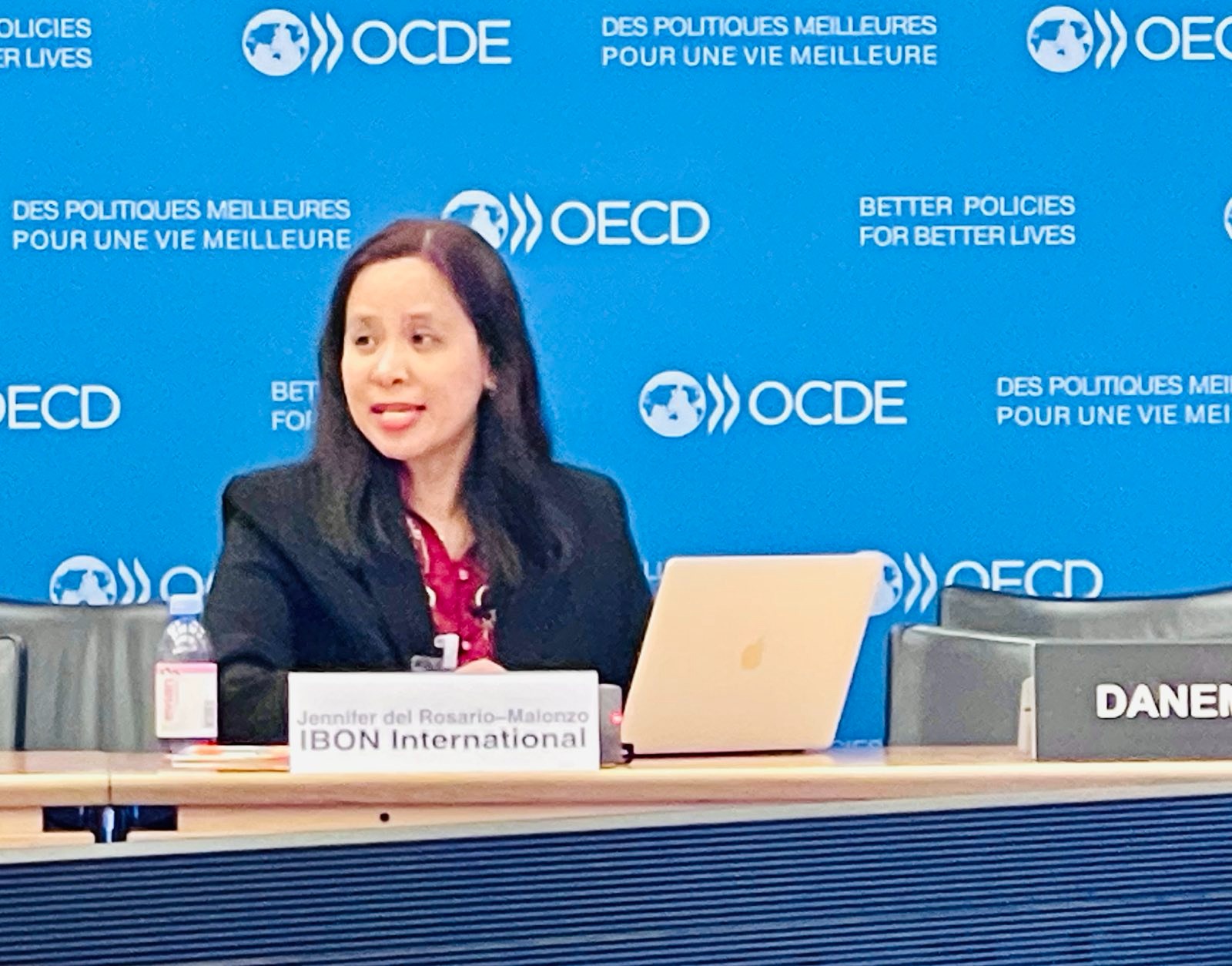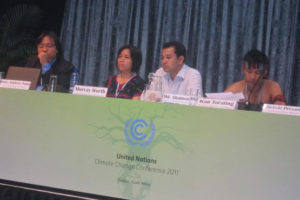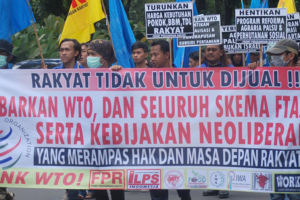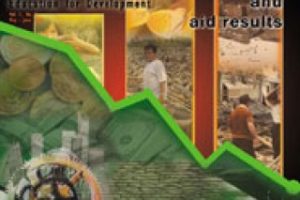The following intervention was delivered by IBON International Executive Director Jennifer del Rosario-Malonzo on behalf of the DAC-CSO Reference Group at a dialogue between the Organisation for Economic Co-operation and Development’s (OECD) Development Assistance Committee (DAC) and civil society organisations last 27 September 2022.
I’m Jennifer del Rosario-Malonzo, Executive Director of IBON International, a Southern-based institution that brings development issues from the international arena for the engagement of grassroots organisations and movements.
We see this dialogue as a testament of the DAC’s recognition of the value that civil society brings to the table in development. We seek accountability from duty-bearers as we recognise the progress we have made in addressing the various levels of our own accountability. It is in this frame that we are confident that, together, we can find solutions to shared challenges that confront us.
Civil society representatives from the global South and global North are here today, urging DAC members to stand by their development commitments in both quantity and quality; to prioritise rights-based, sustainable development for those who need it the most over increasing military budgets; and to nurture, protect, and support vibrant civic spaces, among others.
As I speak of these principles and commitments, I am reminded of the land of my childhood. I hail from the Southern Philippines, a place which up to now, suffers from conflict and underdevelopment. I witnessed and lived first-hand the suffering of communities over policies that are decided in distant centers of the world. I speak from this experience, similar to other communities in the Global South, and bring with me the aspirations for a better future which I hope we can contribute to in genuine cooperation that is the spirit of this dialogue.
At this point, we would like to share the Reference Group Priorities.
First, we highlight the need to protect the integrity of Official Development Assistance (ODA). As the world faces food, fuel and debt crises worsened by the pandemic, increasing conflict and progressing climate emergency, donor countries and ODA have a crucial role in responding to and mitigating the shocks affecting marginalised populations. The Reference Group will continue to advocate that donors uphold their commitment to reach the 0.7% GNI ODA target and improve how aid is disbursed and utilised.
Second, we draw your attention to the implementation of the DAC Nexus Recommendation. The formal monitoring process of the DAC Nexus Recommendation begins in 2023. The Peace & Security Thematic Working Group of the Reference Group contributed to the interim review through participating in consultations and providing additional data and research. We will do the same for this formal monitoring process, including proposals to carry out joint missions and assessments with INCAF (which we tried to explore pre-pandemic). Once assessed, improved, and prioritised, a people-centered and localised implementation of the Nexus Recommendation has the potential to address protracted crises and promote social justice.
As the world faces food, fuel and debt crises worsened by the pandemic, increasing conflict and progressing climate emergency, donor countries and ODA have a crucial role in responding to and mitigating the shocks affecting marginalised populations.
Third, we will continue to monitor the contributions of the private sector to development cooperation. Particularly on the issue of possible reporting of Special Drawing Rights (SDRs) as ODA and inclusion of the International Monetary Fund’s Resilience and Sustainability Trust (RST) in the list of ODA eligible international organisations, CSOs are firm that SDRs should not be reported as ODA mainly because these do not fit the ODA definition and there is no, or at least minimal, donor effort with these operations. On the inclusion of RST, several CSOs, including those beyond the Reference Group, are raising concerns about ownership, the conditionalities attached to RST, creation of debt, and impacts on development effectiveness.
While CSOs recognise the need to find additional or supplementary means to fund development cooperation, it is alarming that DAC members are constantly extending the definition of ODA and what gets reported, to the detriment of ODA’s integrity and genuine sustainable development.
To end, let me share two more points in relation to the DAC-CSO Dialogue as we look towards the future: in the immediate, recognising the maturity of this dialogue, we would like for the DAC to consider improving CSO engagement, representation and participation in the DAC High-Level Meeting; in the medium-term, the Reference Group would like to propose that we undertake a joint evaluation of the DAC-CSO Dialogue in its 5th year and from this lesson learning define our next strategic as well as practical actions.
It is great to see you all in person, after years of trying to maintain relationships online. We are looking forward to a substantial, constructive dialogue towards strengthening our solidarity and forging commitments to reduce poverty and inequality in the global South. Thank you. #




